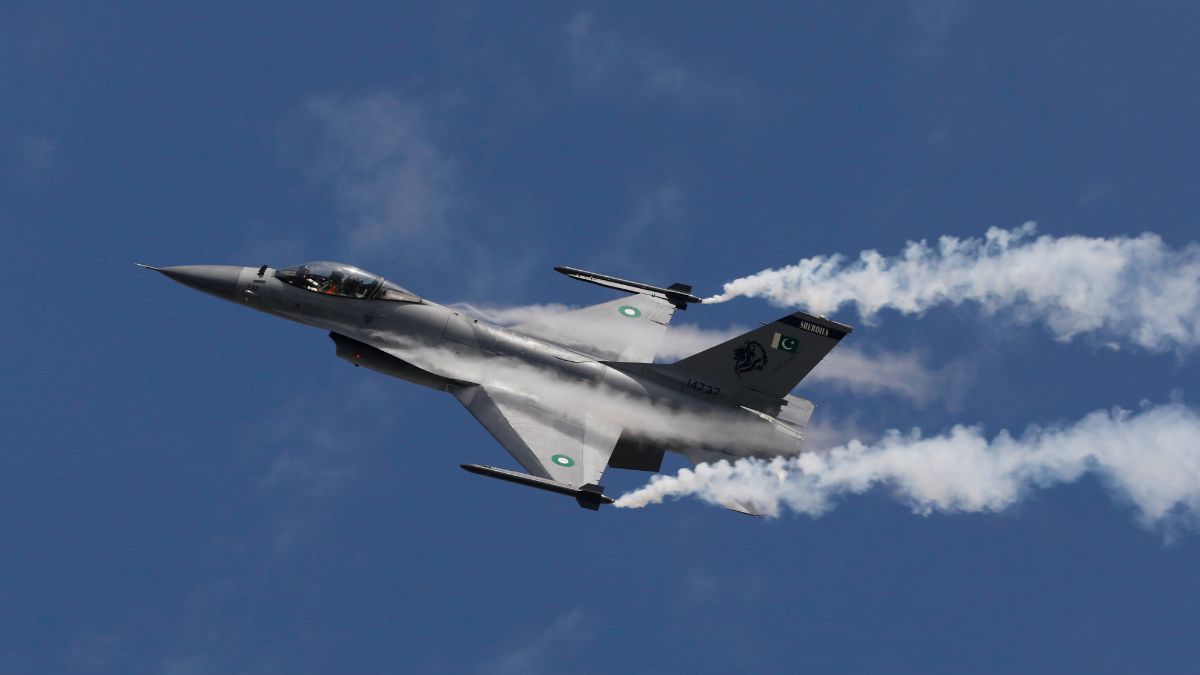Chief of Integrated Defence Staff (CISC) Air Marshal Ashutosh Dixit Wednesday (June 11) stressed that no Pakistani military jet was allowed to breach Indian airspace during Operation Sindoor . The two nuclear-armed South Asian neighbours were caught in a brief military standoff last month when India launched air strikes into Pakistan and Pakistan-occupied Kashmir (PoK), targeting nine terror sites.
“The result was clear—not a single Pakistani aircraft breached our airspace, while our precision strikes successfully degraded their AD capabilities and aerial infrastructure. This success was not accidental but the result of years of indigenous development, rigorous testing and continuous refinement and demonstrated the importance of self-reliance in national security,” said Air Marshal Dixit while speaking at a seminar on surveillance and electro-optics, jointly organised by the Centre for Air Power Studies (CAPS) and Indian Military Review (IMR) in New Delhi.
Achievements of Operation Sindoor
Reflecting on the key achievements of Operation Sindoor, Dixit noted that the integration of the Air Command and Control System (IACCS) had worked wonders for the Indian Air Force.
“In modern warfare, information without the ability to act upon it rapidly is of limited value. IACCS compressed our sensor-to-shooter timelines dramatically, enabling responses that outpaced adversary decision cycles,” said the Air Marshal.
“Operation Sindoor demonstrated how modern warfare has fundamentally altered the relationship between distance and vulnerability. Precision-guided munitions like SCALP, BrahMos etc., as well as beyond visual range air-to-air and supersonic ground-attack missiles, have rendered geographical barriers nearly meaningless,” he added.
He said, “When hypersonic missiles travel hundreds of kilometres in minutes, and drone swarms reach targets before decisions can be made, real-time or near-real-time surveillance becomes not just helpful, but critical for survival.”
Growing importance of space-based assets
Air Marshal Dixit emphasised that superior situational awareness, as demonstrated in recent conflicts, provides a decisive battlefield advantage.
He highlighted the growing importance of space-based assets and advanced technologies in strengthening India’s surveillance capabilities.
Additionally, he commended the Indian Space Research Organisation (ISRO) and Defence Research & Development Organisation (DRDO) for their forward-thinking approach in fostering private sector involvement, particularly through the transfer of Optical Imaging System technology.
Impact Shorts
More Shorts“This has already resulted in compact, long-range surveillance platforms that increase operational flexibility. I urge companies to see themselves not just as vendors, but as partners in national security,” he said.


)

)
)
)
)
)
)
)
)



